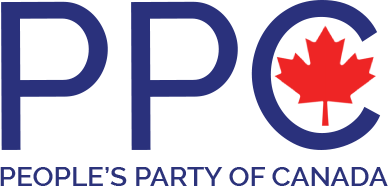Libertarianism is a political philosophy (or group of political philosophies). For libertarians, individual freedom is a core political value. Thus, individuals should be free to act as they want, as long as their actions do not interfere with the liberty and rights of others.

Libertarianism is a political philosophy (or group of political philosophies). For libertarians, individual freedom is a core political value. Thus, individuals should be free to act as they want, as long as their actions do not interfere with the liberty and rights of others. Libertarians therefore argue that government powers and scope should be limited. That is, governments should intervene as little as possible in society, economy and culture, in order to protect the freedom of individuals. This is also known as “small government.”
Libertarianism is closely linked to classical liberalism, the political philosophy associated with John Locke, Adam Smith and Thomas Jefferson. At the heart of liberalism is the assumption that individuals are morally free and equal and have certain natural or God-given rights. These rights include the right to private property, freedom of speech, religious freedom, equality under the law and what is known as “moral autonomy” (the right to decide for oneself what is moral or right). The role of government is to protect these rights.
Although libertarianism is often considered a right-wing philosophy, this is not necessarily true. In social terms, libertarians hold what many would describe as “left-wing” views, since they highly value equality and moral autonomy. Most libertarians therefore support same-sex marriage and the legalization of marijuana, for example. However, in economic terms, libertarians hold what many would define as “right-wing” views. According to libertarians, governments should intervene as little as possible in the economy. They strongly support the free market and oppose high taxes, regulation and government subsidies for businesses (also known as “corporate welfare”). They argue that economic growth, self-help and charity are more effective than social welfare in combatting poverty.
In Canada, there are two federal parties that promote libertarian values: the Libertarian Party of Canada (established 1973) and the People’s Party of Canada (established 2018).


 Share on Facebook
Share on Facebook Share on X
Share on X Share by Email
Share by Email Share on Google Classroom
Share on Google Classroom